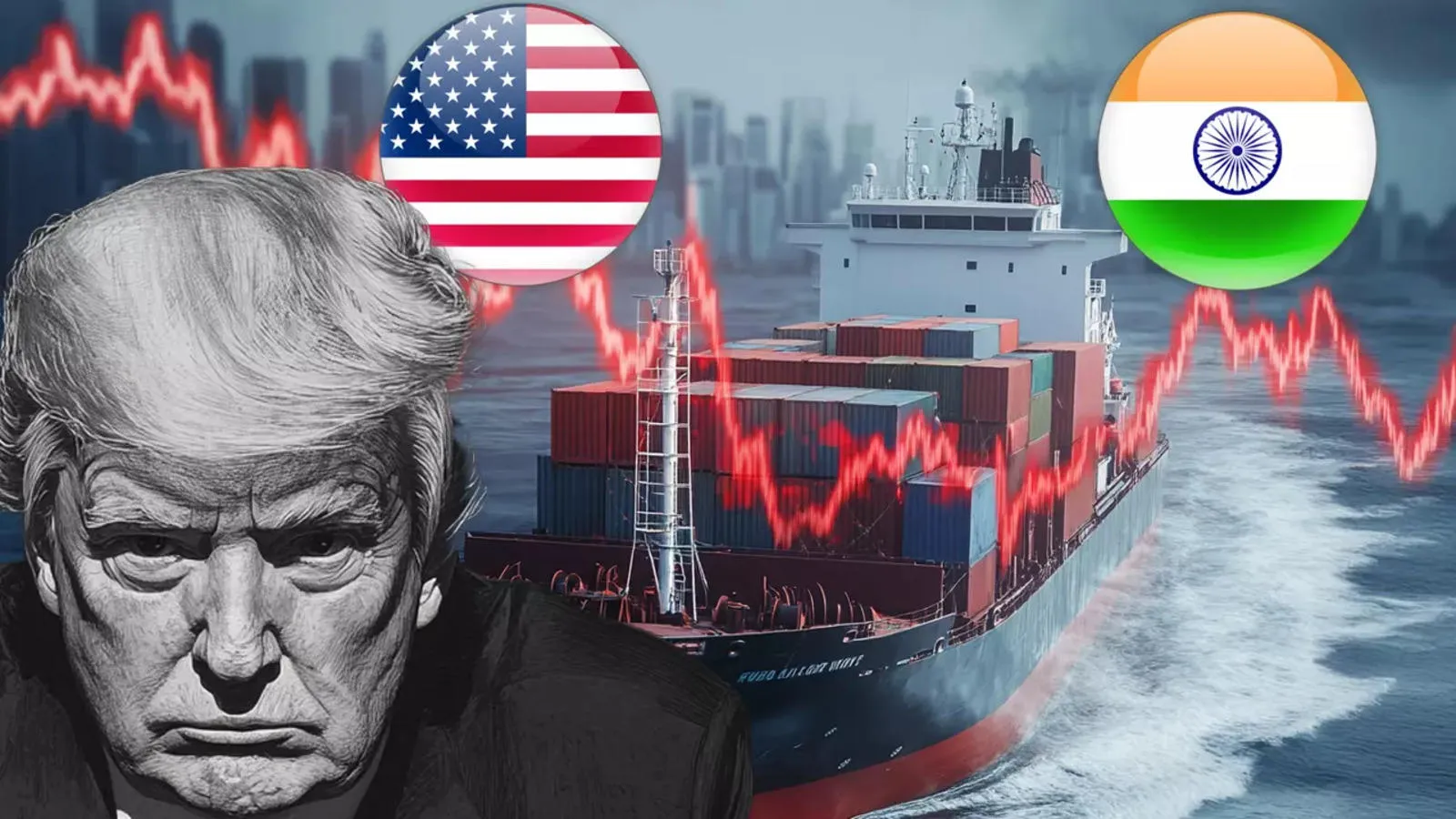
Date: April 06, 2025
Godavari Aqua Farmers Hit Hard by Trump’s Tariffs
Trump Tariffs Trigger Crisis in Andhra Pradesh’s Godavari Aqua Sector
The aqua industry in the Godavari region of Andhra Pradesh, a major hub for shrimp farming in India, is currently facing a severe economic crisis. This distress has been amplified by the latest U.S. tariff hike on Indian shrimp imports, announced under the trade policies of former U.S. President Donald Trump.
Godavari Aqua Export Industry Already Under Pressure
Godavari’s aquaculture sector produces nearly 4 lakh tonnes of shrimp annually, out of which an estimated 3.5 lakh tonnes are exported, primarily to the United States. However, rising logistics costs, uncertain yields, and now, stringent tariffs, have pushed farmers to the brink.
Sharp Decline in Farmgate Prices
Following the implementation of the new tariffs:
- The price of 100-count Vannamei shrimp, which earlier fetched ₹290/kg, has dropped to ₹220–₹230/kg.
- Similarly, 60-count shrimp, which once commanded ₹380/kg, is now being sold at ₹310–₹320/kg.
This ₹60–₹70 per kg drop directly linked to reduced demand from American importers, many of whom are shifting their sourcing to countries like Ecuador and Indonesia, which are currently enjoying fewer trade restrictions.
Tariff Hikes and Additional Duties Intensify the Blow
Recently, the U.S. raised countervailing duties on Indian shrimp exports from 4.36% to 5.77%, aggravating the ongoing crisis. Farmers are also anxious about the proposed India Shrimp Tariff Act, which could potentially raise tariffs to a staggering 40% by 2026.
Rising Input Costs, Falling Revenues
To make matters worse, aqua farmers are grappling with escalating feed and electricity costs. Making it nearly impossible to maintain profitability. Many are struggling to break even, leading to growing concerns about mass production halts.
Urgent Call for Government Intervention
With the Godavari aqua industry teetering on the edge, farmers are pleading for swift action from the government. They’re demanding subsidies, export support, and diplomatic pressure to resolve trade tensions with the U.S. and protect this vital source of income and employment.